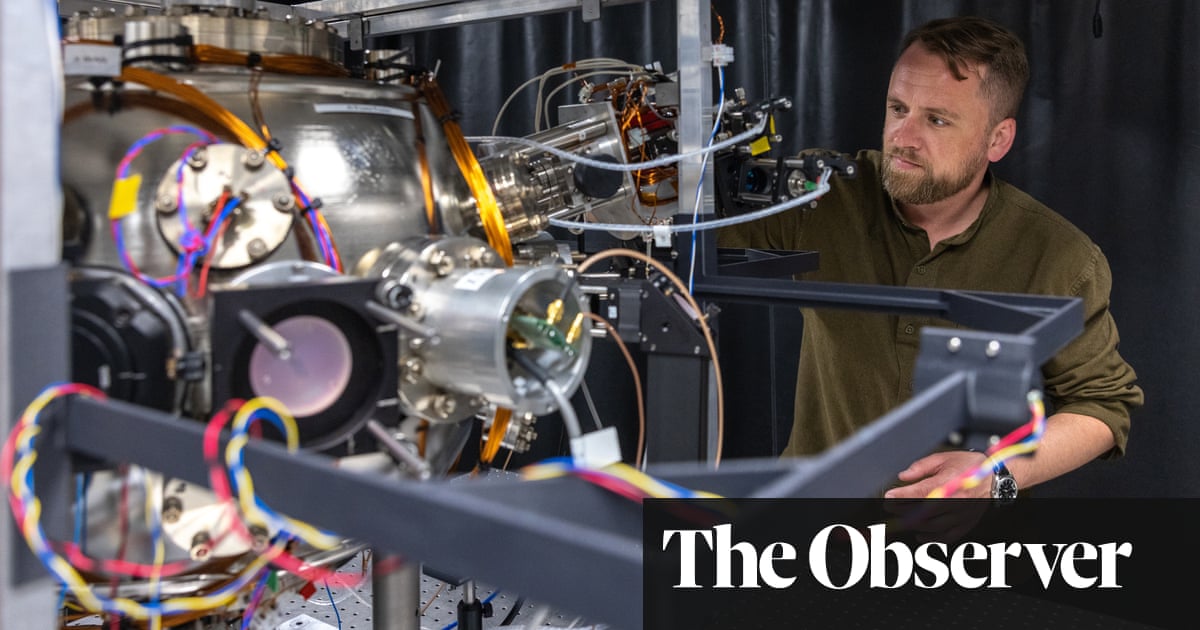- London Tech Weekly
- Posts
- The Pi coming out of the LSE's oven
The Pi coming out of the LSE's oven
Welcome to London Tech Weekly. Each week, we’re going to highlight a startup or VC firm in London that’s doing cool shit. And see some of the deals that’s happened right here in London in the past week. If you’re looking for something to do, check out my pick at the end.
We’re not talking about a London company today, it’s actually ~60 miles north in Cambridge. But they did recently list on the LSE this week, something other British companies have chosen not to do.
Last week, Raspberry Pi listed on the London Stock Exchange. Many British success stories (such as ARM) have chosen to list elsewhere, so it’s exciting to see Raspberry Pi decide to stay local.
Founded in 2008, Raspberry Pi has a complicated legal structure (OpenAI before OpenAI existed). The first entity is the Raspberry Pi Foundation, a charity to promote computer science education. And the second is what you can buy, Raspberry Pi Holdings. At first, the foundation fully owned the Raspberry Pi Holdings, but sold part of its share so the holding company could list. The intention of listing was to distribute money back to the foundation.
Now that’s out of the way, what exactly is it?
RPi (which will refer to to the listed company) manufactures low-cost single-board computers that can be used by students, hobbyists and professionals.
I remember getting my first Raspberry Pi in 2013, which came with 256MB RAM. You can now get up to 8GB. The progress RPi have made in the past decade is incredible. Not only are the boards themselves getting better, so too are the modules available for them. Cameras, sensors, additional compute, you can do whatever you want with your Raspberry Pi.
Where RPi succeeds is the enthusiastic community it’s built. Hobbyist early adopters eventually become evangelists for the product, recognising the different ways to use it. At work, we bought a Raspberry Pi to show statistics on a screen. We’re still yet to see the stats, but at least RPi made a sale.
By being a low-cost computer, the Raspberry Pi can become the controller of embedded systems. Years ago, I used an Arduino (a small controller that you can connect sensors to) to read garden data, the data was ingested by my Raspberry Pi and served via an API. An AgriTech company in the making? Sadly the Garduino didn’t take off…
But this is merely an example of how Raspberry Pi can find itself playing a central part in industrial applications. It empowers people without significant capital to invent. Combine this with AI rapidly helping more and more people learn programming, we could see the Raspberry Pi play a central part in automated processes across industries.
With its market cap getting closer to unicorn status, I can’t see RPi becoming a £10b+ company. And that’s okay. It’s a British success story that’s listing in Britain. We need more of them.
What happened last week?
Gener8, a platform for people to be rewarded for their data, raised £2m.
WorkL, a platform an employee health and wellbeing improvement platform, raised £2m.
Visibly, a training services provider, raised €7m.
Unify, a platform to find the best LLM, raised $8m.
Human Native AI, an LLM data marketplace, raised £2.8m.
Rendesco, a clean heat network developer, raised £6m.
Real World Health, a health data analytics platform, raised £1.7m.
Sidekick, a WealthTech, raised £8.5m.
Harry’s pick
Go to Monument and you’ll see the Monument to the Great Fire marking where the fire began. And if you take a twenty or so minute walk from there, you’ll come across the Golden Boy of Pye Corner, which marks where the fire stopped.
Taking this walk gives you a sense of just how big the fire was. There’s a reason it’s called the “Great Fire”.
Instead of relying on GPS, the London Underground is partnering with Imperial College to experiment with quantum.
